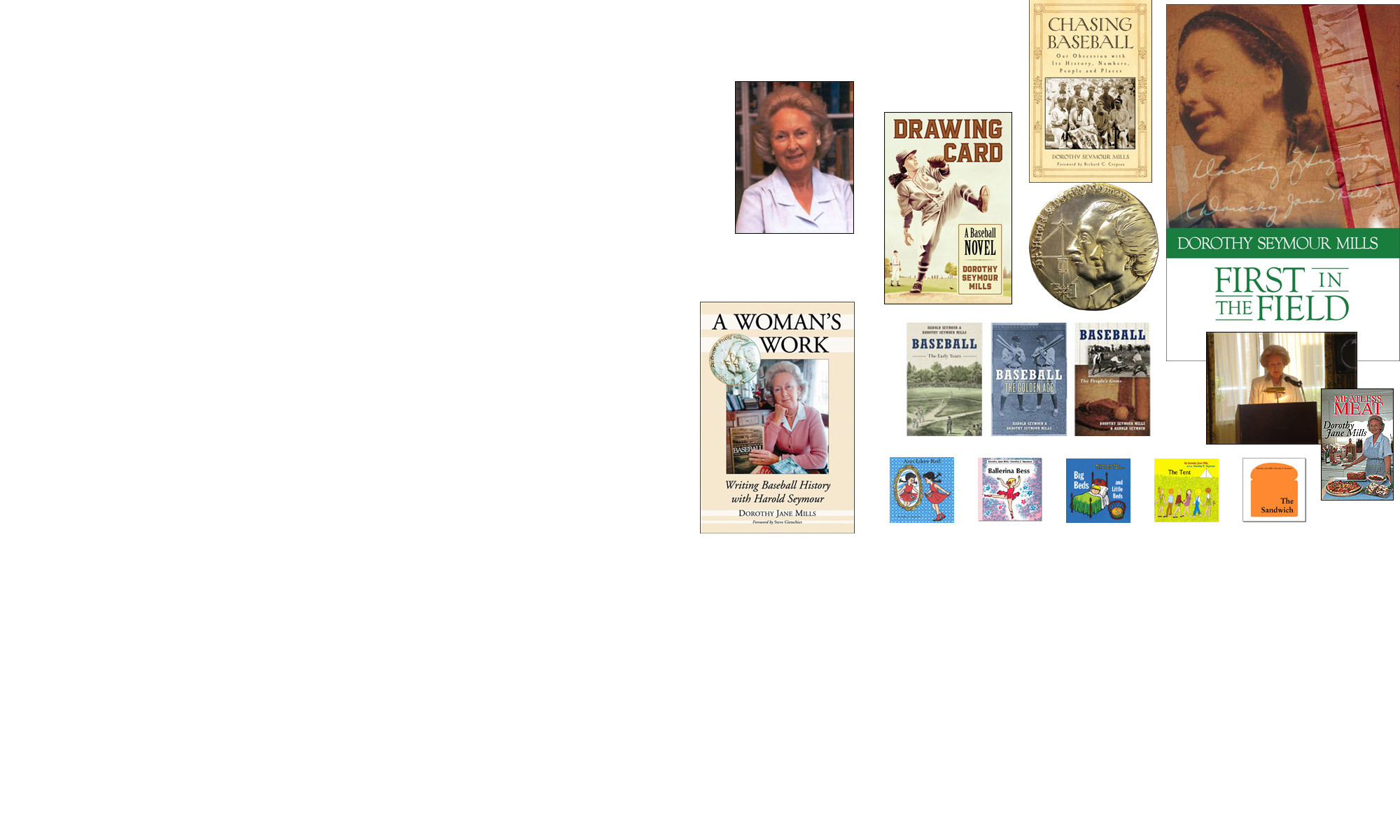Baseball, says Sam Zygner in his new piece for the Fall 2012 Baseball Research Journal published by SABR, is “the ultimate game of equal opportunity.”
Actually, all through its history, baseball has shown itself to be the game of unequal opportunity. In my 2010 book, Chasing Baseball: Our Obsession with Its History, Numbers, People and Places (McFarland 2010), I included five chapters proving that women were always denied the same opportunities as men were given, even more so than black men. “From the beginning of their interest in pursuing the national game by playing it,” I explain, “women and girls ran into dismay, objection, ridicule, and outright prohibition.”
This happened because women were thought to be the inferior of men in every way, physically as well as intellectually. The men who assigned themselves the job of regulating sports for girls and women ruled that if they played, they should be relegated to softball. Several generations of women, having been taught that they were unable to play the American national game, grew up believing themselves unable to handle baseball.
Outstanding women players of the 1890s, for example, received scant attention in male-controlled media. Male professionals hardly knew women players existed. Not until the 1940s, when women were suddenly expected to take over men’s jobs while they were away fighting a war, were women’s baseball abilities recognized in the All-Americans Girls Professional Baseball League, where professional baseball men were startled and amazed to discover what good players the women were. Some men admitted that even after seeing it with their own eyes, they still could not believe it.
When support for the league was withdrawn and male players began returning from the war, the league’s backers let it die out, in the belief that it might offer too much fan competition for the male leagues in the postwar period.
Today’s women players have no professional league to try out for. The activities of their leagues as well as their national and international tournaments remain unreported in the media. Instead of receiving strong support and recognition, they make do with volunteer help and small contributions by sports organizations. They have no hope of reaching the level of a pro player making a fat salary. That’s because most of the men who control organized baseball want to keep it free of women players. If you ask male players and coaches and managers and umpires, they will admit they don’t want women in baseball.
Does this sound like “the ultimate game of equal opportunity”?
